Posts tagged open science
An academic scientist goes to DevOps Days
- 18 May 2018
Last week I took a few days to attend DevOpsDays Silicon Valley. My goal was to learn a bit about how the DevOps culture works, what are the things people are excited about and discuss in this community. I’m also interested in learning a thing or two that could be brought back into the scientific / academic world. Here are a couple of thoughts from the experience.
tl;dr: DevOps is more about culture and team process than it is about technology, maybe science should be too…
Combining dates with analysis visualization in python
- 02 November 2017
Sometimes you want to do two things:
Plot a timeseries that handles datetimes in a clever way (e.g., with Pandas or Matplotlib)
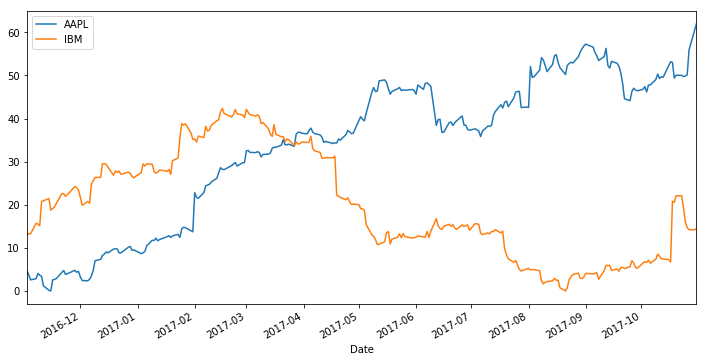
Dates in python
- 16 March 2017
As a part of setting up the website for the Docathon I’ve had to re-learn all of my date string formatting rules. It’s one of those little problems you don’t really think about - turning an arbitrary string into something structured like a date - until you’ve actually got to do it.
There are a bunch of tools in python for using date-like objects, but it’s not always easy to figure out how these work. This post is just a couple of pieces of information I’ve picked up along the process.
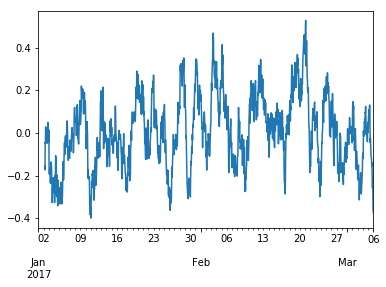
Matplotlib Cyclers are Great
- 04 January 2017
Every now and then I come across a nifty feature in Matplotlib that I wish I’d known about earlier. The MPL documentation can be a beast to get through, and as a result you miss some cool stuff sometimes.
This is a quick demo of one such feature: the cycler.
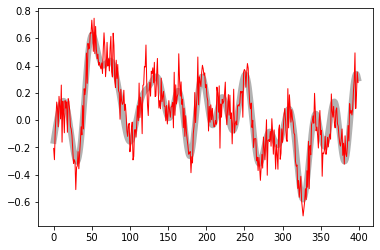
Brainy Jingle Bells
- 23 December 2016
This is a quick demo of how I created this video. Check it out below, or read on to see the code that made it!
Here’s a quick viz to show off some brainy holiday spirit.
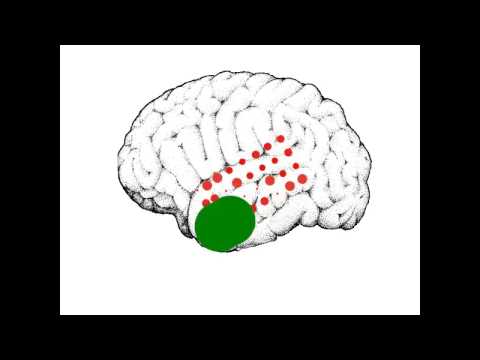
The bleeding edge of publishing, Scraping publication amounts at biorxiv
- 19 December 2016
Per a recent request somebody posted on Twitter, I thought it’d be fun to write a quick scraper for the biorxiv, an excellent new tool for posting pre-prints of articles before they’re locked down with a publisher embargo.
A big benefit of open science is the ability to use modern technologies (like web scraping) to make new use of data that would originally be unavailable to the public. One simple example of this is information and metadata about published articles. While we’re not going to dive too deeply here, maybe this will serve as inspiration for somebody else interested in scraping the web.
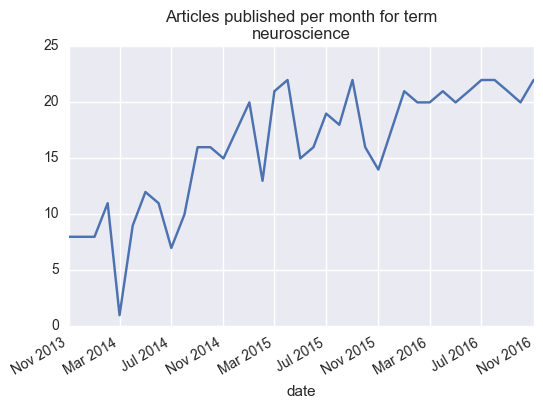
Visualizing publication bias
- 30 November 2016
This article is now interactive! Check out a live Binder instance here
In the next few months, I’ll try to take some time to talk about the things I learn as I make my way through this literature. While it’s easy to make one-off complaints to one another about how “science is broken” without really diving into the details, it’s important learn about how it’s broken, or at least how we could assess something like this.
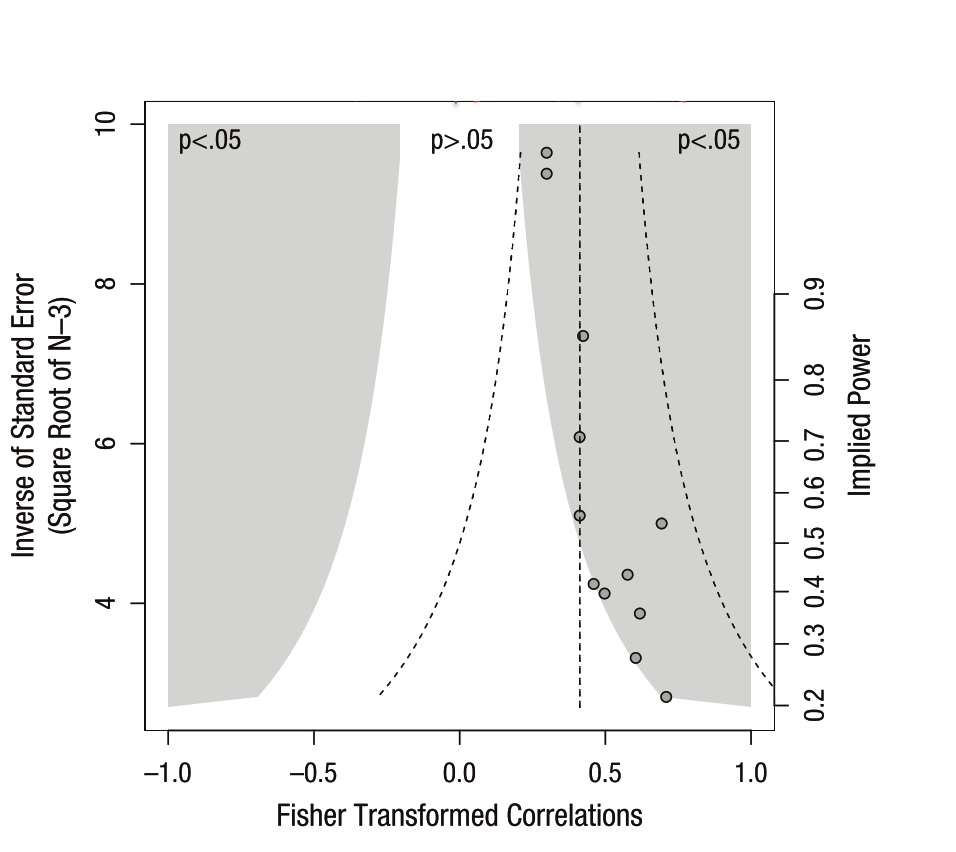
5 things I learned at SciPy
- 01 November 2016
I’ve finally decompressed after my first go-around with Scipy. For those who haven’t heard of this conference before, Scipy is an annual meeting where members of scientific community get together to discuss their love of Python, scientific programming, and open science. It spans both academics and people from industry, making it a unique place in terms of how software interfaces with scientific research. (if you’re interested the full set of Scipy conferences, check out here.
It was an eye-opening experience that I learned a lot from, so here’s a quick recap of some things that I learned during my first rodeo.